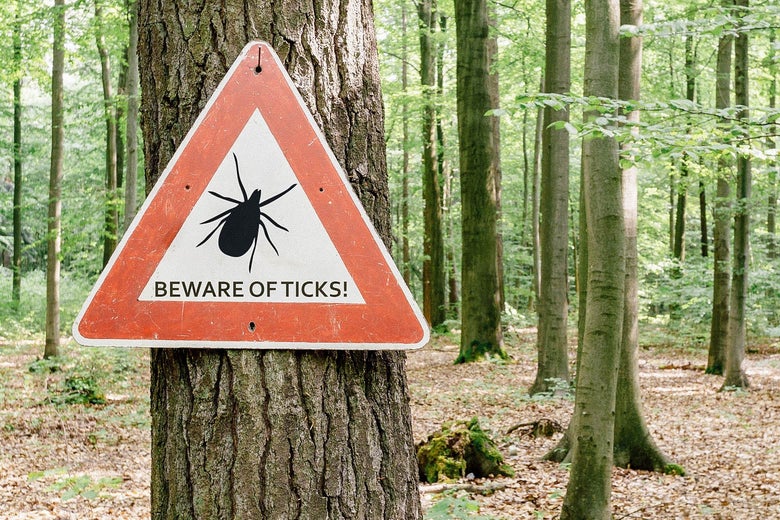
Stress can disrupt memory and lead to needless anxiety — here’s how
You can also search for this author in PubMed Google Scholar
Neurotransmitters in the amygdala might be why we have anxious responses in harmless situations. Credit: Owen Franken/Corbis via Getty
Stress makes mice form big bundles of neurons in the brain that disrupt memory formation, making them fearful of harmless situations1 — which might help to explain why stressed people often feel threatened in safe environments.
Researchers have long known that stress or trauma can lead people to fear harmless situations. For instance, after burning a finger on a hot pan, a stressed individual might subsequently avoid not only hot pans but the kitchen or cooking entirely. This kind of generalized fear is common in people with post-traumatic stress disorder (PTSD) and generalized anxiety disorder.
A study, published in Cell, describes how stress disrupts memory formation and, in particular, recollections of fearful events. The results could inform the development of therapies for people with PTSD and anxiety.























